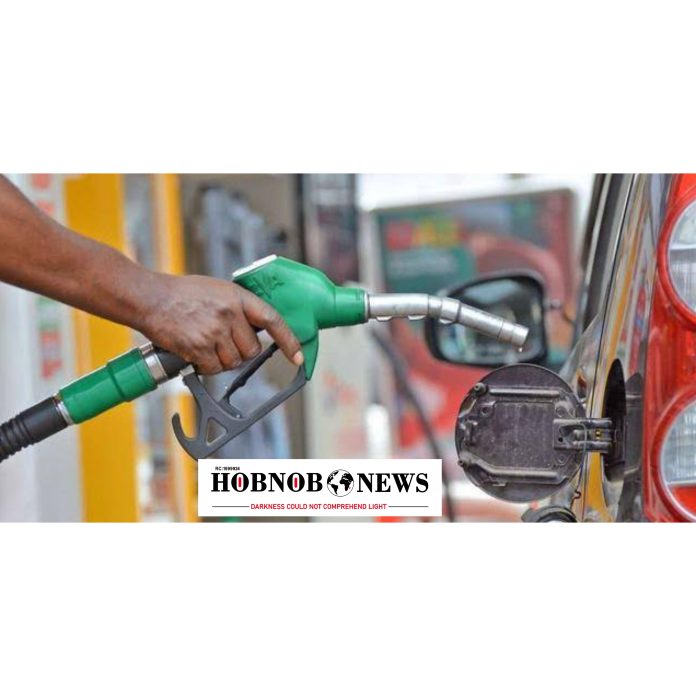Long queues have returned to filling stations across Lagos, Ogun, Abuja, Port Harcourt, and other states following a hike in the pump price of Premium Motor Spirit (PMS), popularly known as petrol.
The recent increase in petrol prices, ranging between N1,050 and N1,150 per litre, has been attributed to the rise in crude oil costs and adjustments by major suppliers, including the Dangote Petroleum Refinery. On Friday, the refinery raised its PMS price from N899/litre to N955/litre, forcing dealers to adjust pump prices in response.
Dealers Monitor Developments
On Saturday, several filling stations shut down operations to monitor market trends and avoid losses, with some stations that dispensed petrol witnessing long queues. For instance, MRS stations in Lagos sold petrol at N935/litre, resulting in massive traffic congestion in areas like Alakpere and Ojodu Berger.
A major marketer explained, “There is no scarcity of product. Rather, filling stations are closed because dealers are careful not to run at a loss.”
PETROAN Responds
The Petroleum Products Retail Outlets Owners Association of Nigeria (PETROAN) clarified that filling stations are not to blame for the price hikes. PETROAN attributed the increases to the global rise in crude oil prices, which currently stand at:
- Brent crude: $80.85/barrel
- WTI oil: $78.82/barrel
- OPEC basket: $81.72/barrel
PETROAN President, Dr. Billy Gillis-Harry, emphasized that petrol prices in Nigeria are now determined by market forces as outlined in Section 205 of the Petroleum Industry Act. “Our selling rate reflects our buying rate. Retail outlet owners cannot sell below cost,” he said.
Advocating Privatisation
PETROAN urged the government to privatise Nigerian-owned refineries, establish monitoring frameworks, and encourage competition in the downstream sector. The association believes these measures will stabilize prices and improve the efficiency of petrol distribution.
Collaborative Efforts
At the Petroleum Industry Stakeholders’ Forum in Abuja, PETROAN highlighted the need for strategic investment in the petroleum sector. The association commended President Bola Tinubu’s deregulation policies and foreign exchange unification, which it said have laid a foundation for unlocking the sector’s potential.
In a position paper, PETROAN recommended:
- Prioritising local refineries’ access to crude oil.
- Combating cross-border smuggling.
- Developing infrastructure to enhance retail outlet operations.
A Call for Government Support
PETROAN also appealed to the government to provide affordable financing and better infrastructure to reduce operational costs, which could help make petrol more affordable for Nigerians.
As stakeholders strategize on the future of Nigeria’s petroleum sector, consumers continue to bear the brunt of the rising costs, with hopes for relief dependent on long-term structural reforms.

